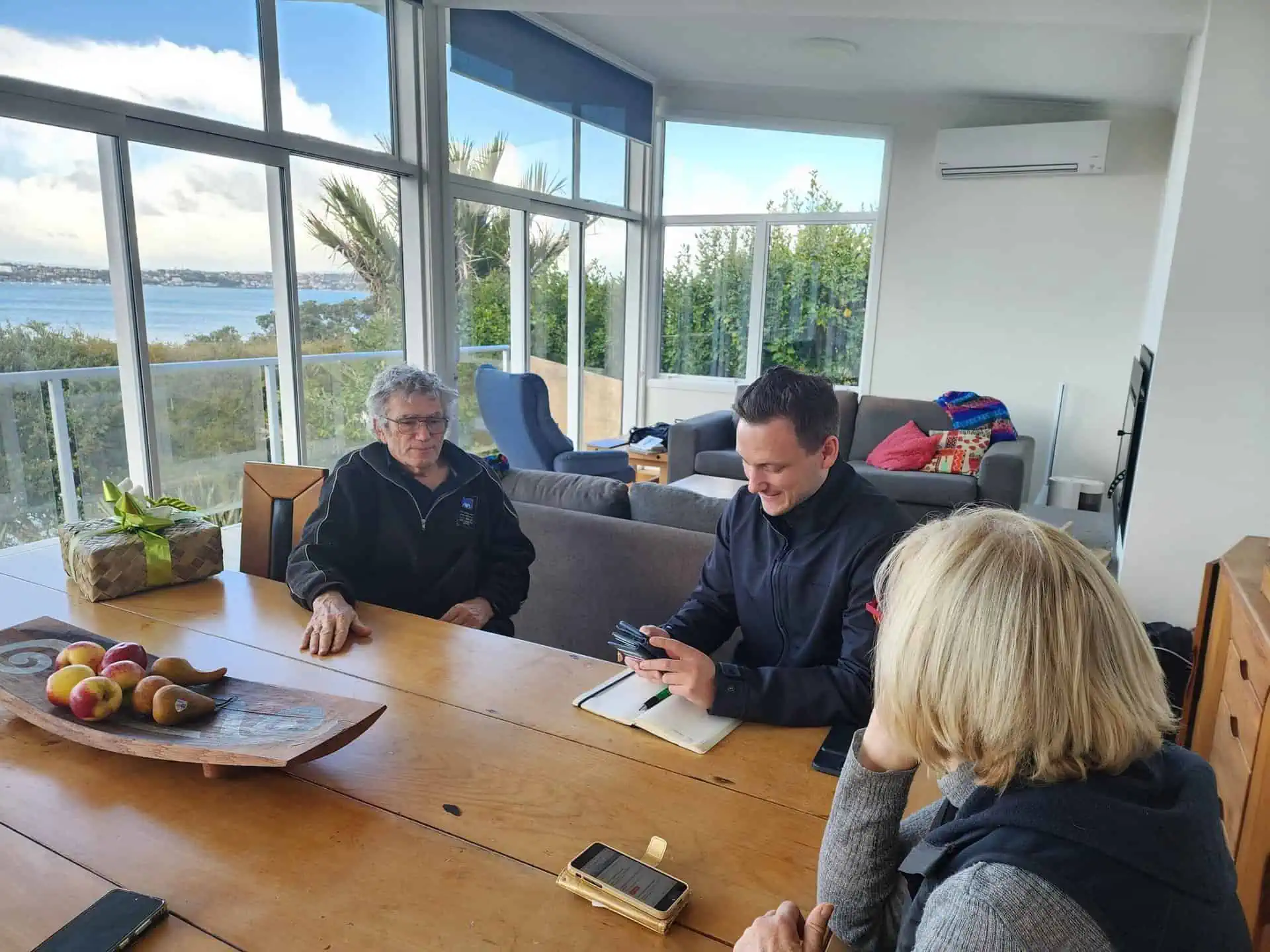Switching to solar power in Auckland involves specific paperwork to ensure compliance with local regulations. Below is a structured guide to the essential documents homeowners need to file or obtain when installing a solar power system.
1. Distributed Generation Application
Before installation, a Distributed Generation (DG) Application must be submitted by your solar installer to the local distribution network provider. In the greater Auckland area, this is typically Vector Limited. The application process can vary based on the property’s electrical configuration, whether single-phase, two-phase, or three-phase. Your installer can provide guidance on the specific requirements. Learn more about Distributed Generation from Auckland Council.
2. Certificate of Compliance (CoC)
After the solar system is installed, the electrician responsible for the installation must issue a Certificate of Compliance (CoC). This certificate confirms that the electrical work meets New Zealand’s safety standards. The installer then sends this certificate to the distribution provider to finalize the DG approval process. Auckland Council provides more details on CoC requirements.
3. Record of Inspection (RoI)
Before the solar system can go live, an independent electrical inspector must assess it to ensure compliance and safety. This inspector, who should have no prior involvement in the system’s design or installation, issues a Record of Inspection (RoI) if everything is up to standard. This step guarantees an unbiased review of the system for homeowners. Read more about inspection requirements here.
4. Import/Export Meter Application
To accurately track electricity usage and any power exported to the grid, an Import/Export Meter is required. Homeowners need to apply through their electricity retailer (e.g., Meridian, Contact, Ecotricity) for the meter installation. Some retailers may charge a fee, ranging from no cost to approximately $249. Although homeowners can initiate this request, many installers are happy to assist with any technical questions that arise. Learn more about metering requirements on Auckland Council’s site.
By following these steps and ensuring all necessary documents are filed, Auckland homeowners can enjoy a smooth transition to solar energy, which supports both environmental sustainability and potential cost savings.
About the Author
Maryann Whyte, with over 25 years of experience in sales and customer support, currently oversees customer experience at Vital Solar. Her journey in the solar industry began in the 90s with C&I Solar and continues to fuel her passion for helping homeowners achieve self-sufficiency through solar energy.
